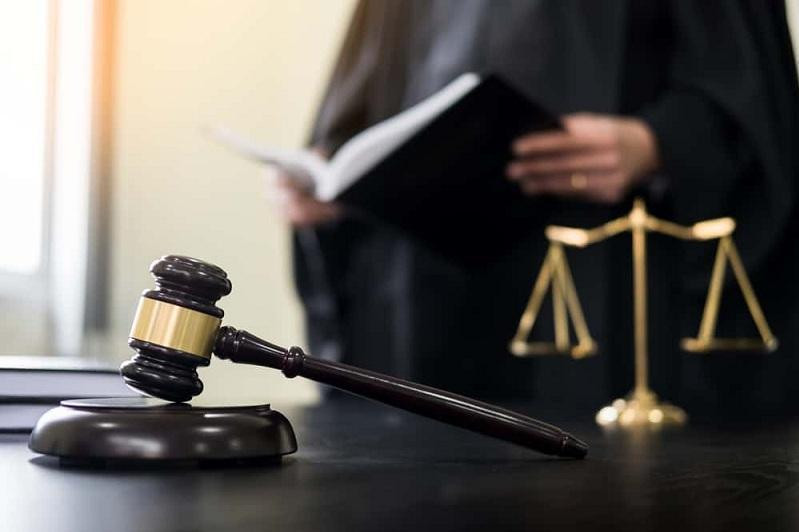 The criminal court of cassation as part of the Supreme Court overturned the verdict of the local court and the decision of the appellate court and ordered a new trial in the court of first instance of the criminal proceedings on the charge of two persons in the intentional destruction of someone else's property, which caused particularly large property damage (Part 2 of Article 194 of the Criminal Code of Ukraine).
The criminal court of cassation as part of the Supreme Court overturned the verdict of the local court and the decision of the appellate court and ordered a new trial in the court of first instance of the criminal proceedings on the charge of two persons in the intentional destruction of someone else's property, which caused particularly large property damage (Part 2 of Article 194 of the Criminal Code of Ukraine). As the courts found, two men were convicted for cutting down 250 apple trees with chainsaws on land belonging to other persons. In the cassation appeals, the defense attorney indicated that the local court reached an erroneous conclusion that an examination was not required to determine the amount of damage, referring to the certificates of state environmental protection inspectors as confirmation of the amount of damage caused by a criminal offense.
The CCC of the Supreme Court noted that since the direct object of the crime in this criminal proceeding is perennial plantations – apple trees, which may have different identification features (variety, age, quality of the fruit, etc.), as well as taking into account the available conflicting information from the parties to the criminal proceeding regarding the condition trees and their fruit-bearing properties, then the determination of property damage in this case cannot be reliably established without special knowledge, by performing simple arithmetic calculations.
At the same time, the panel of judges drew attention to the fact that the determination of the amount of property damage caused affects the correctness of the legal qualification of the actions of persons, because the amount of such damage is a qualifying feature of the crime provided for in Art. 194 of the Criminal Code of Ukraine.
However, the local court did not establish the amount of the property damage in the criminal proceedings in accordance with the procedure established by law, therefore the sentence passed by it cannot be considered as meeting the requirements of clause 2, part 3 of the article. 374 of the CPC of Ukraine.
In addition, the appellate court came to the conclusion that the arguments of the defense about the failure to establish the amount of property damage caused by the persons are groundless. At the same time, referring to the principles of dispositiveness and adversariality of the parties, the appellate court indicated in its decision that the parties to the criminal proceedings have equal rights to collect and submit evidence to the court, however, during the appeal proceedings, none of the participants in the criminal proceedings submitted requests for the appointment of a commodity expert examination.
The panel of judges of the CCS of the Supreme Court considers such conclusions of the appellate court to be erroneous. Yes, the analysis of Part 2 of Art. 242 of the Criminal Procedure Code of Ukraine (as amended by the Law of May 13, 2014 No. 1261-VII) shows that at the stage of the pre-trial investigation, the obligation is to apply for the involvement of an expert (to involve an expert) to determine the amount of material losses, non-property damage, damage to the environment, caused by a criminal offence, is entrusted only to the investigator, prosecutor.
The court in view of the established in Art. 26 of the Criminal Procedure Code of Ukraine, the principle of dispositiveness is deprived of the possibility, even in the case when he found the absence of an expert opinion with the determination of the amount of material damages, non-property damage, damage to the environment, independently, on his own initiative, to involve an expert and eliminate this deficiency of the pre-trial investigation. The involvement of an expert by the court, regardless of the presence of requests from the parties, is possible only under the circumstances provided for in Part 2 of Article 332 of the CPC of Ukraine.
This position of the panel of judges is consistent with the position of the joint chamber of the CCS of the Supreme Court, set out in the resolution dated November 25, 2019 (proceedings No. 51-10433kmo18, case No. 420/1667/18).
Resolution of the Supreme Court of Justice of the Supreme Court in case No. 148/427/18 (proceedings No. 51-3973км21) – https://reyestr.court.gov.ua/Review/100919100 .




